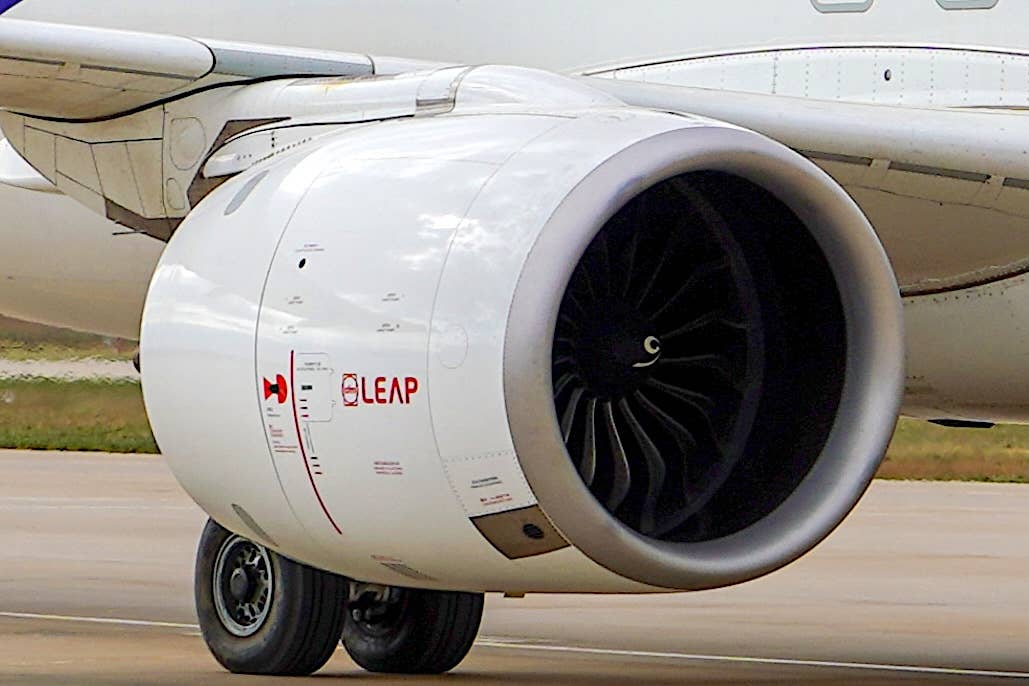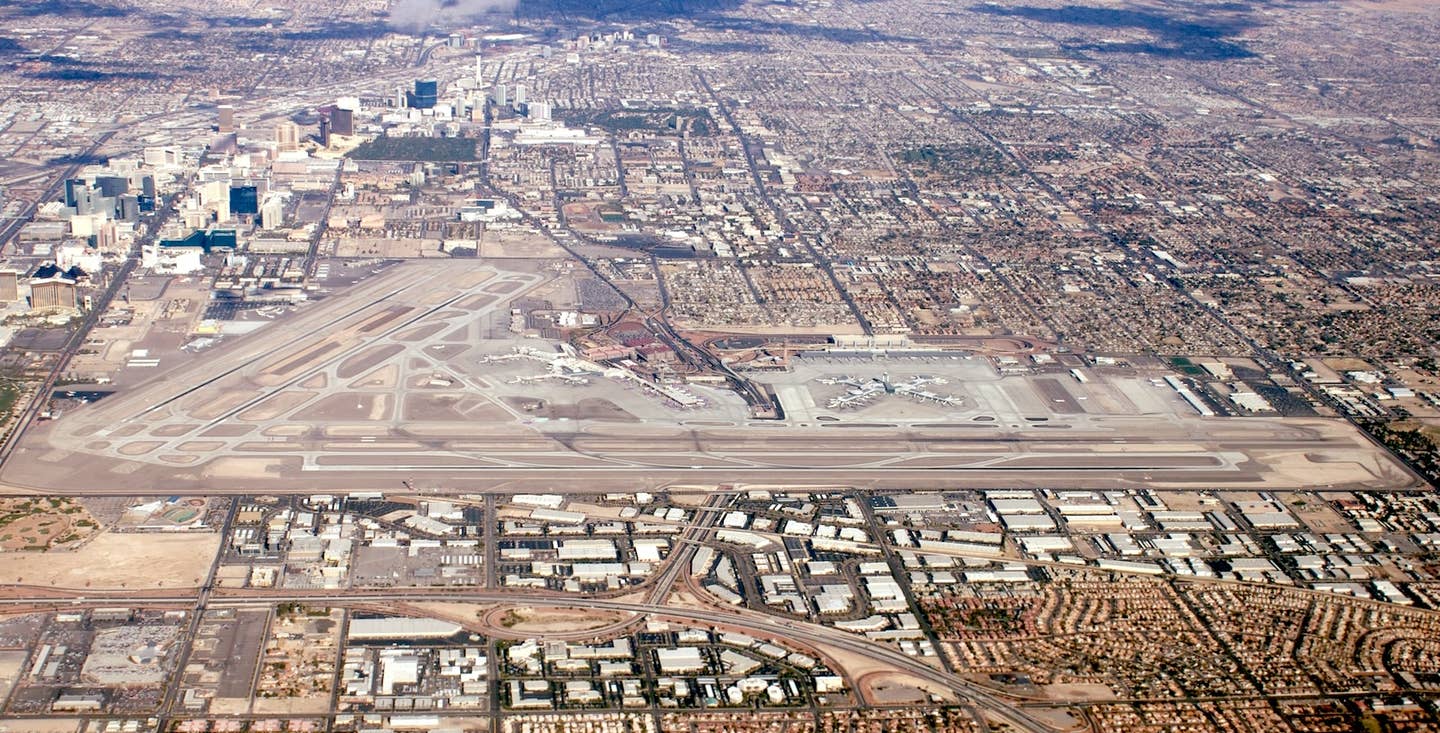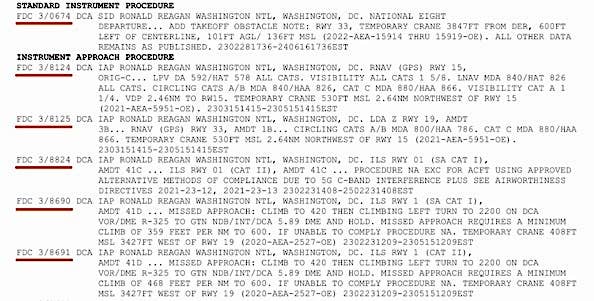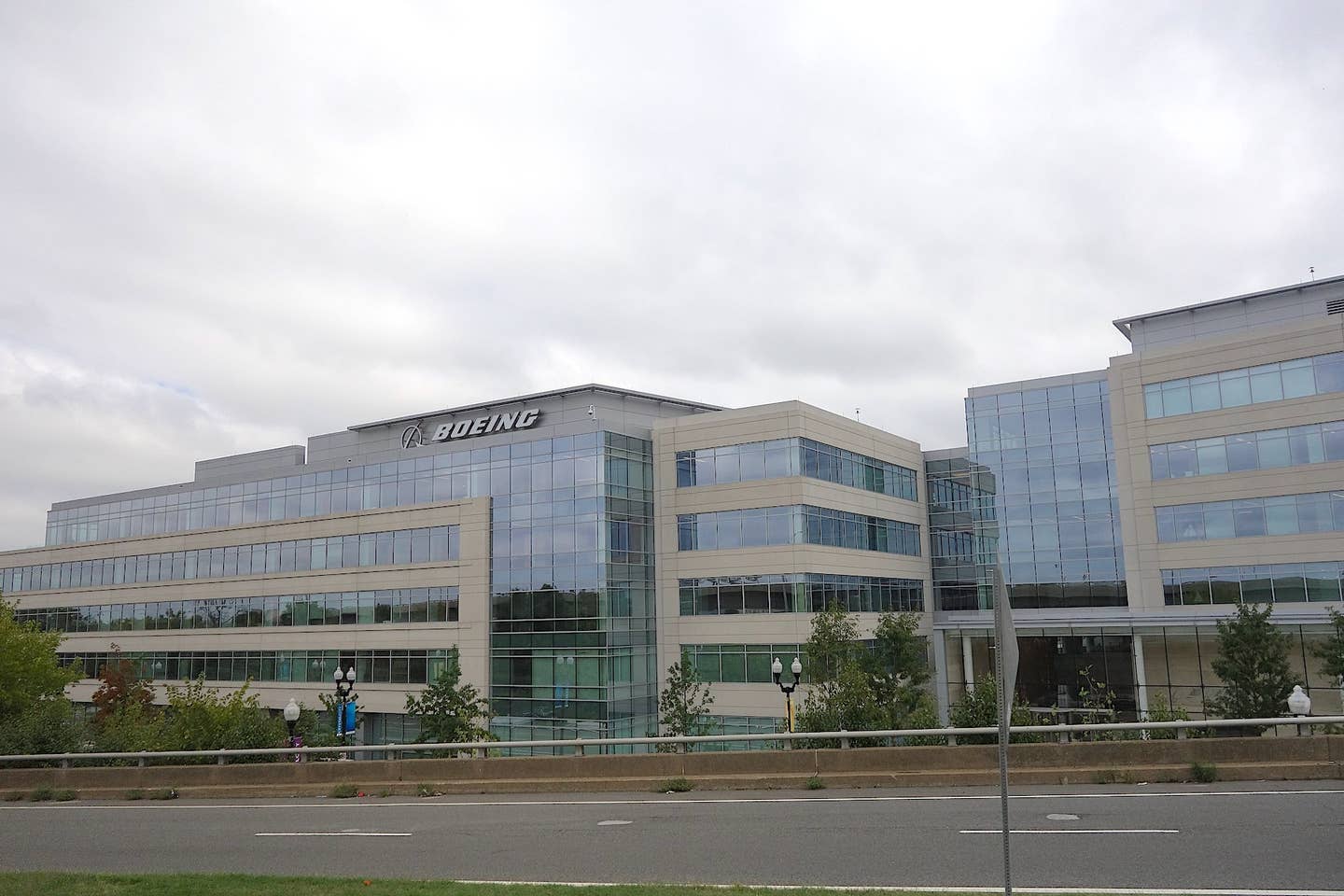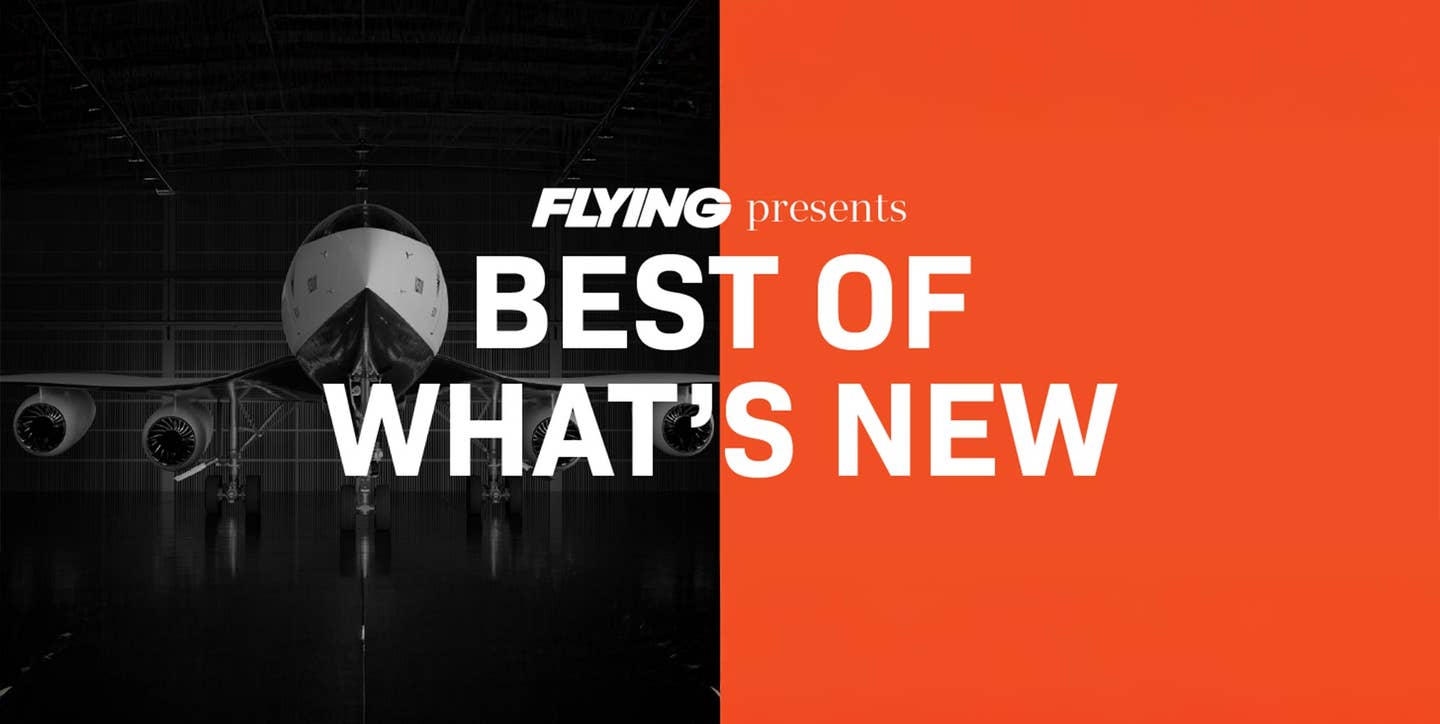Electric Beaver Makes First Flight
Canadian seaplane company Harbour Air announced that its modified all-electric DHC-2 de Havilland Beaver has successfully completed its first flight. The six-passenger “ePlane,” which the company is calling the world’s…
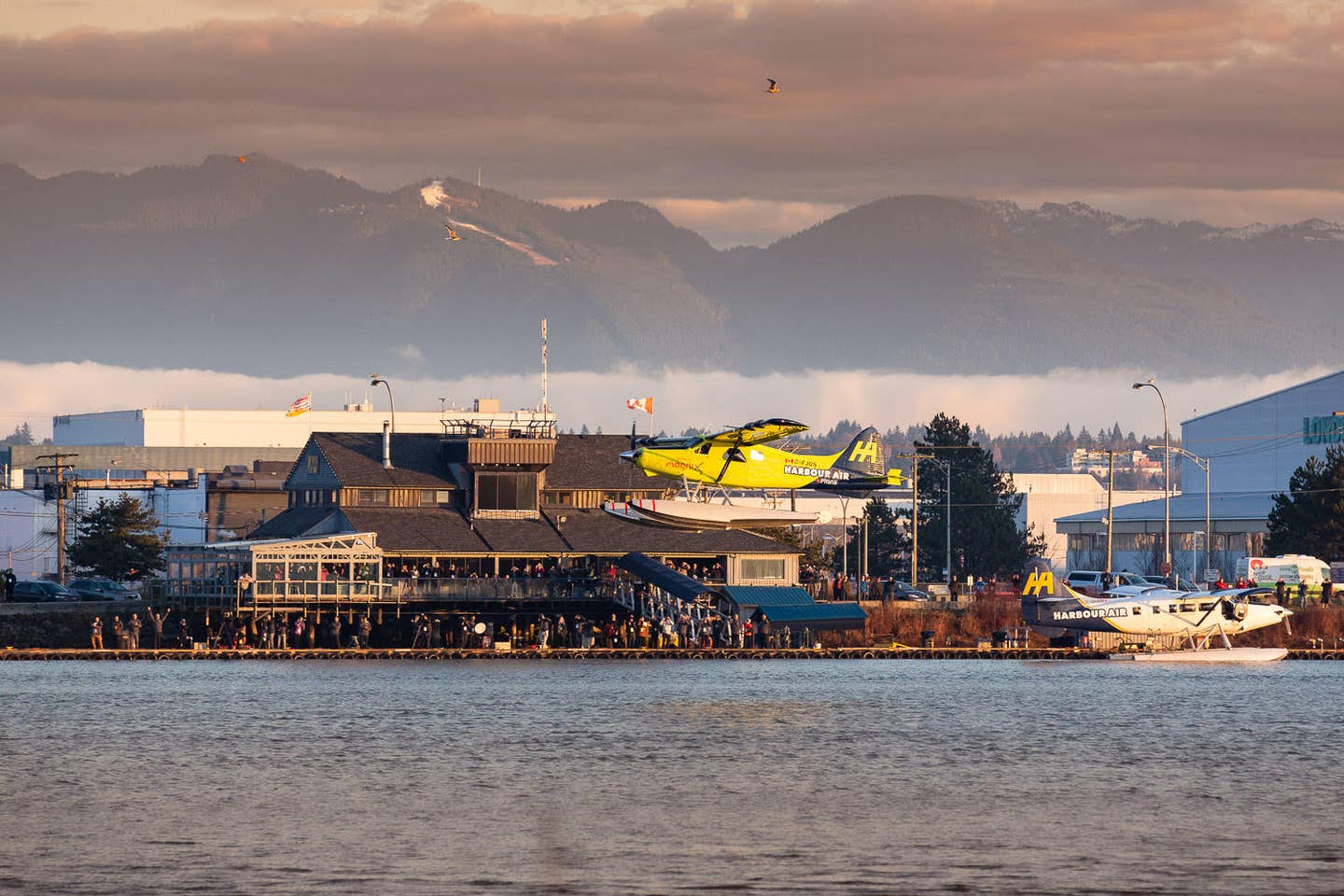
Image: Harbour Air
Canadian seaplane company Harbour Air announced that its modified all-electric DHC-2 de Havilland Beaver has successfully completed its first flight. The six-passenger “ePlane,” which the company is calling the world’s first all-electric commercial aircraft, took off from the Fraser River at the Harbour Air Seaplanes terminal in Richmond, British Columbia, on Tuesday morning. The aircraft was piloted by Harbour Air Seaplanes CEO and founder Greg McDougall.
“I am incredibly proud of Harbour Air’s leadership role in re-defining safety and innovation in the aviation and seaplane industry,” said McDougall. “Canada has long held an iconic role in the history of aviation, and to be part of this incredible world-first milestone is something we can all be really proud of.”
For the all-electric conversion, the 60-year-old Beaver was outfitted with the 750-horsepower (560 kW) magniX magni500 propulsion system. Harbour Air and magniX say they now intend to begin work on the certification and approval process for the propulsion system and the aircraft retrofit. As previously reported by AVweb, Harbour Air has announced intentions to eventually convert all of its seaplanes to electric power. The company currently operates “up to 300 daily scheduled flights, scenic tours, adventure packages, and private flights” with a fleet of more than 40 aircraft.


